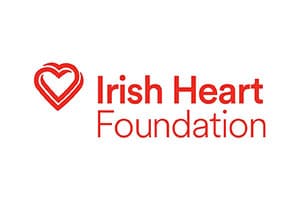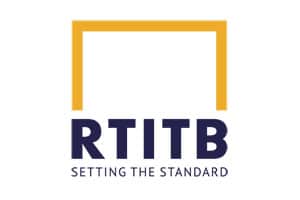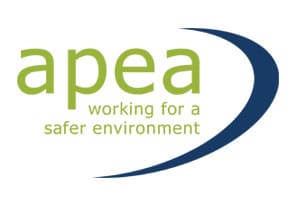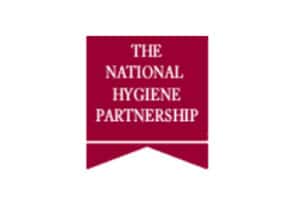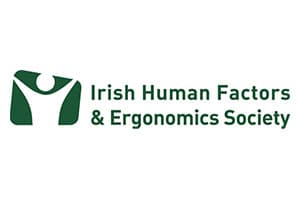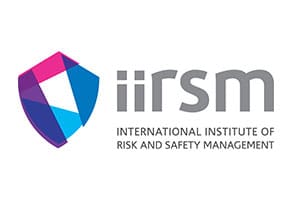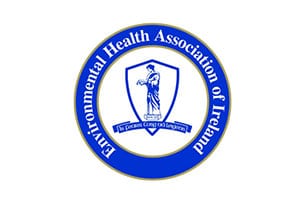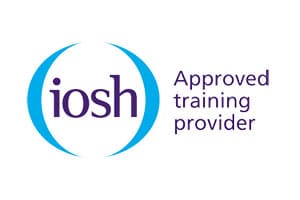Raising awareness about hearing loss is essential for several reasons:
- Prevention: Many causes of hearing loss, such as exposure to loud noise, can be prevented through education and awareness. World Hearing Day provides an opportunity to educate people about the importance of protecting their hearing and practicing safe listening habits.
- Early intervention: Early identification and intervention are critical for managing hearing loss effectively. By raising awareness, World Hearing Day encourages individuals to seek timely evaluation and treatment for any hearing concerns, leading to better outcomes and improved quality of life.
- Advocacy: World Hearing Day serves as a platform for advocating for policies and programs that support hearing health and ensure access to affordable and comprehensive hearing healthcare services. It highlights the importance of including hearing health in public health agendas and promoting equity in access to care.
- Destigmatization: Despite being a prevalent condition, hearing loss is often stigmatized, leading to social isolation and discrimination for affected individuals. By raising awareness and promoting understanding, World Hearing Day helps reduce stigma associated with hearing loss and encourages empathy and support for those affected.
In Ireland, as in many other countries, organizations, healthcare providers, advocacy groups, and policymakers may use World Hearing Day as an opportunity to organize events, campaigns, and initiatives aimed at promoting hearing health awareness, providing education and resources, and advocating for improved access to hearing healthcare services.
Overall, World Hearing Day plays a vital role in fostering a global conversation about hearing loss, promoting awareness and understanding, and advocating for positive change to ensure that everyone has the opportunity to achieve optimal hearing health and well-being.
Hearing loss in the workplace is a significant occupational health concern, particularly in industries where employees are exposed to loud noise levels or other hazardous conditions. Preventing hearing loss at work involves a combination of measures aimed at reducing exposure to noise, implementing proper safety protocols, providing education and training, and promoting regular hearing screenings. Here are some strategies to prevent hearing loss in the workplace:
- Noise control: Identify sources of noise in the workplace and implement engineering controls to reduce noise levels. This may involve using quieter machinery, isolating noisy equipment, installing sound barriers or enclosures, and implementing noise-reducing technologies.
- Administrative controls: Implement administrative measures to limit exposure to noise, such as scheduling noisy tasks during times when fewer employees are present, rotating workers to different tasks to minimize prolonged exposure to loud noise, and establishing quiet areas where employees can take breaks from noise exposure.
- Personal protective equipment (PPE): Provide employees with appropriate hearing protection, such as earplugs or earmuffs, and ensure they are properly fitted and worn consistently in noisy work environments. Train employees on the correct use, care, and maintenance of hearing protection devices.
- Training and education: Educate employees about the hazards of noise exposure and the importance of protecting their hearing. Provide training on how to recognize signs of hearing loss, the proper use of hearing protection, and techniques for reducing noise exposure both on and off the job.
- Hearing screenings: Offer regular hearing screenings as part of a comprehensive occupational health and safety program. Encourage employees to undergo baseline hearing tests upon hire and periodic follow-up tests to monitor changes in hearing health over time. Early detection of hearing loss allows for timely intervention and management.
- Workplace policies: Establish workplace policies and procedures to promote hearing health and safety, including guidelines for noise exposure limits, procedures for reporting hazardous conditions, and protocols for addressing hearing-related concerns.
- Employee involvement: Encourage employee involvement and participation in the development and implementation of hearing conservation programs. Solicit feedback from workers about noise exposure concerns, provide opportunities for them to raise issues or suggestions for improvement, and recognize and reward compliance with hearing protection practices.
By implementing these preventive measures and fostering a culture of hearing health and safety in the workplace, employers can effectively reduce the risk of hearing loss among their employees and create a healthier and more productive work environment.
